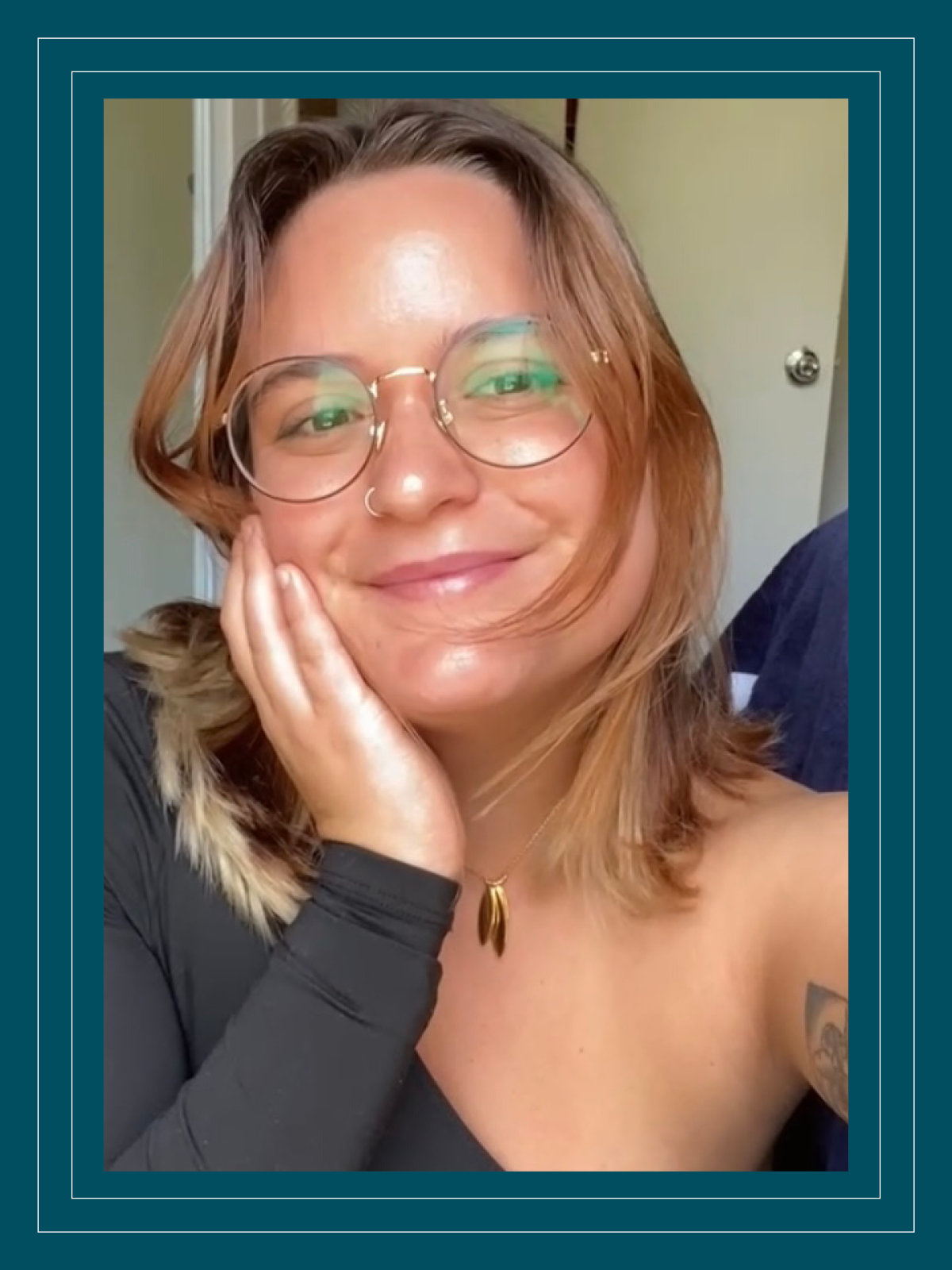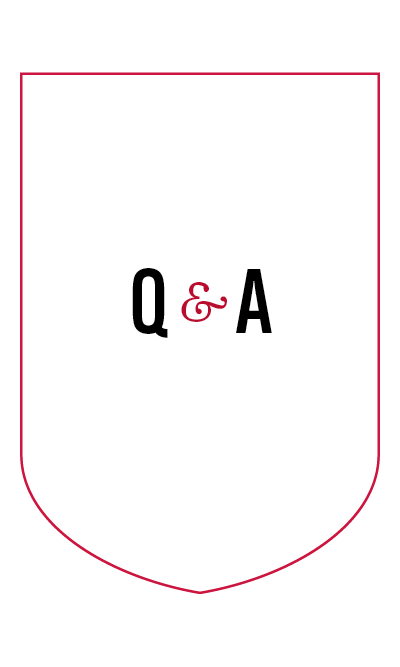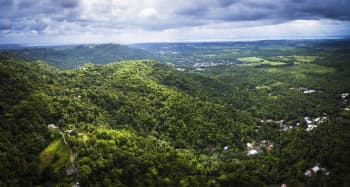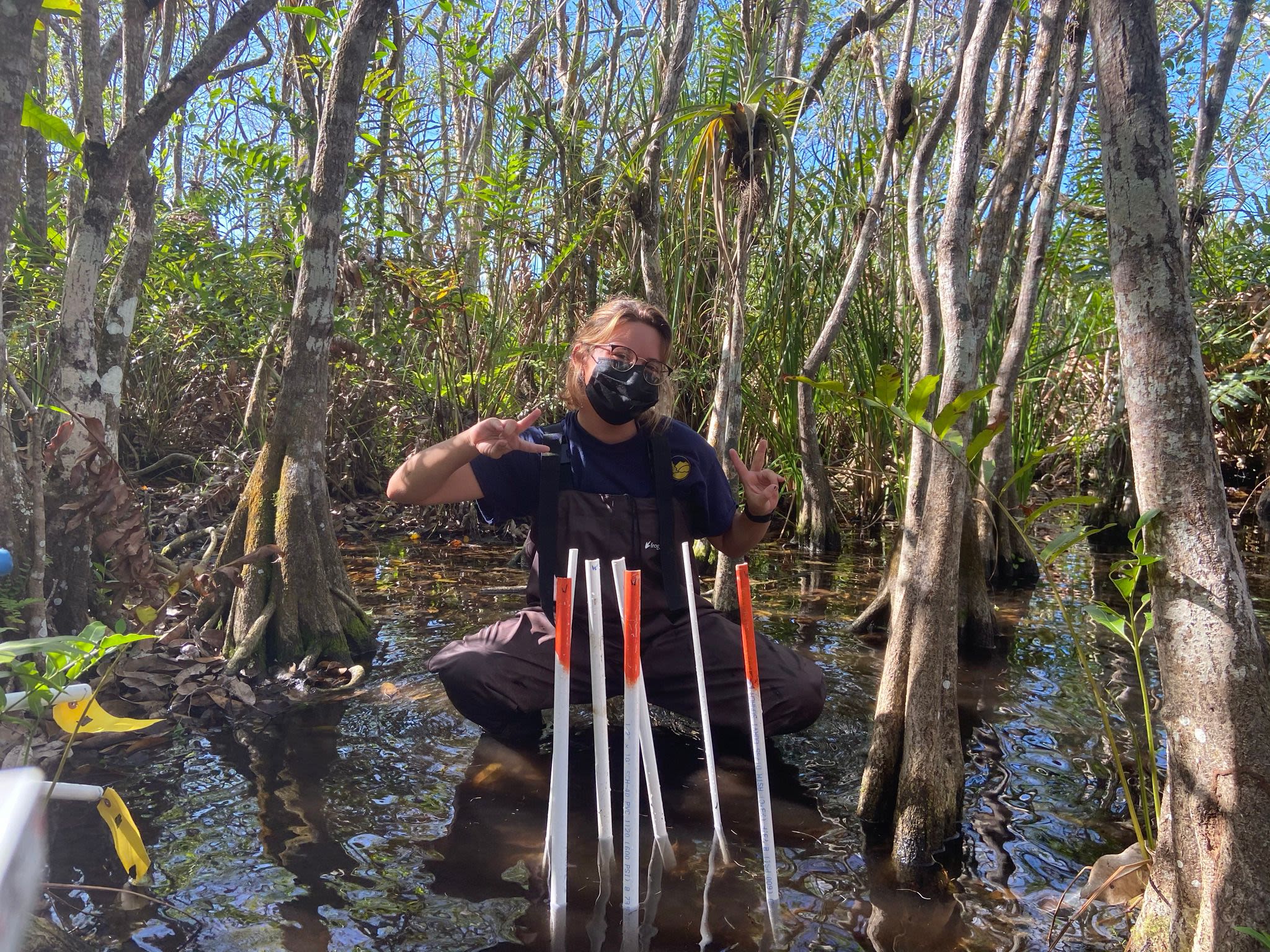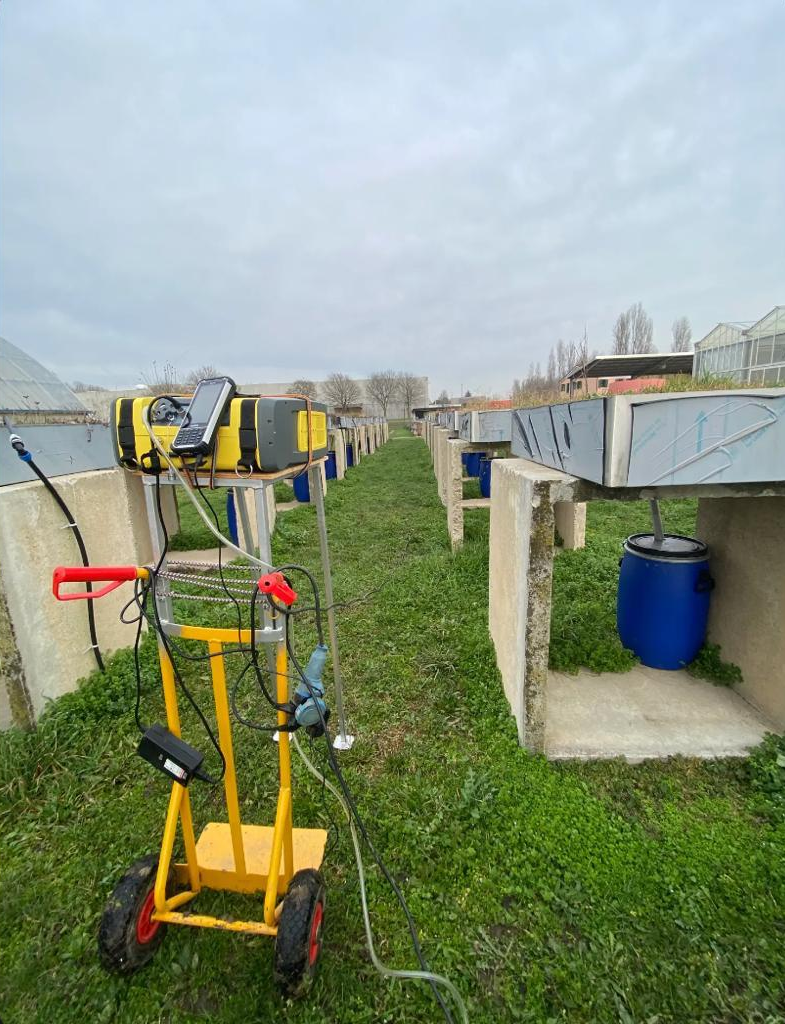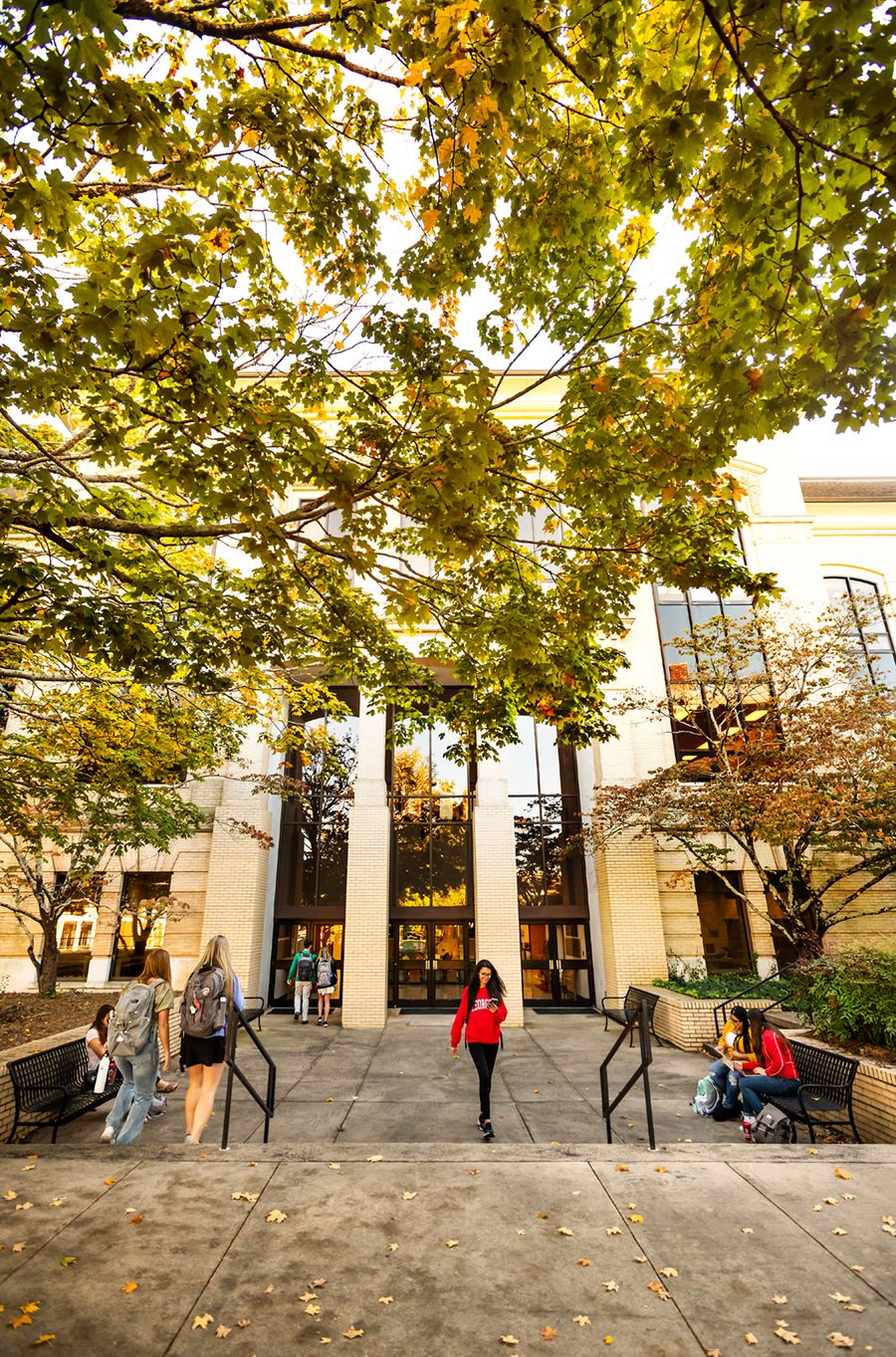Alexandra Marie Lugo-Arroyo
A dual master's degree student in UGA CAES and the University of Padova, Lugo-Arroyo plans to pursue her Ph.D. and start a sustainable agriculture business in her home of Puerto Rico.
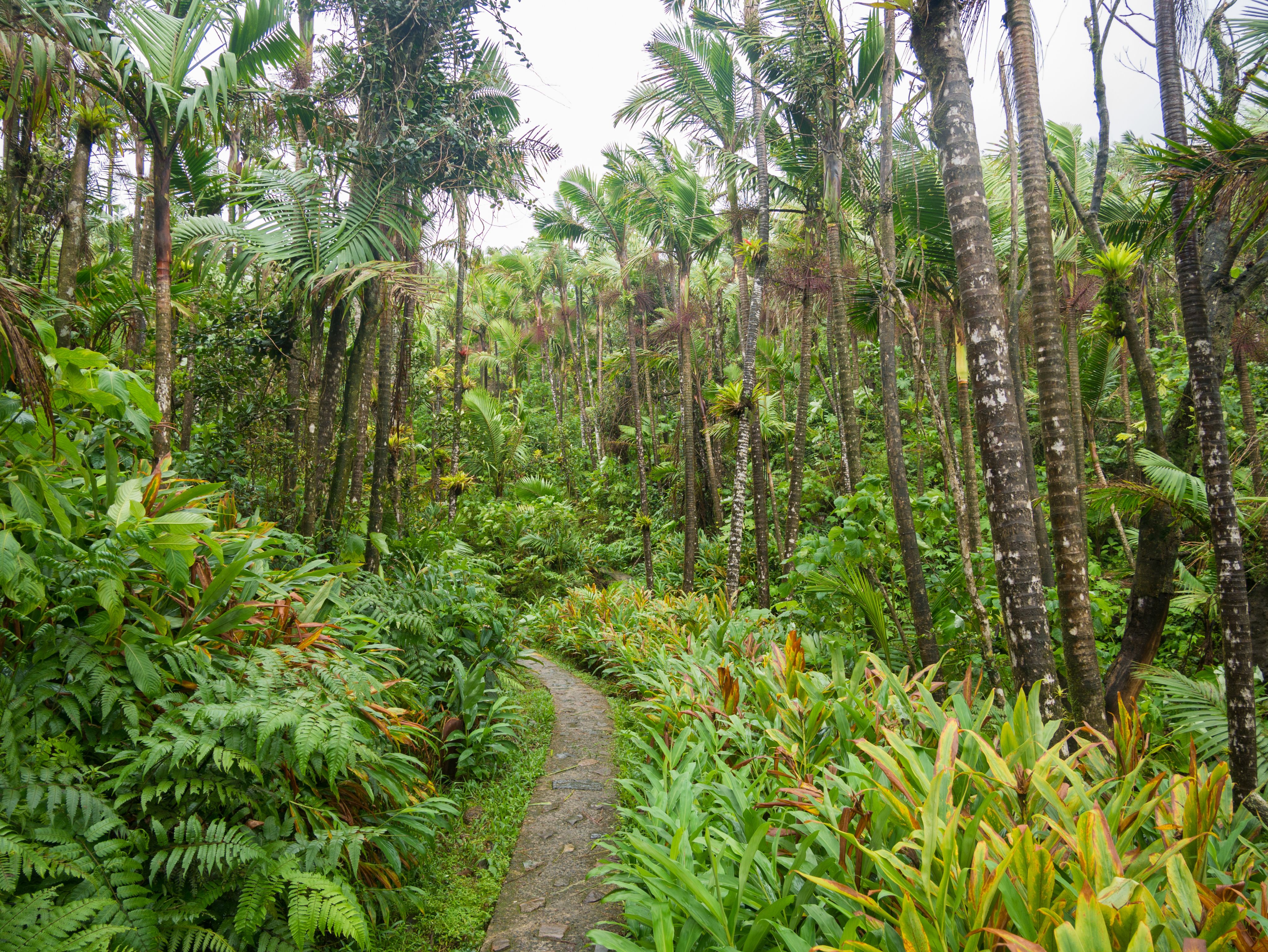
Where are you from, and what brought you to CAES?
I'm from Puerto Rico. I chose to study at UGA because I was impressed by the course offerings and the resources available to students.
What degree program are you pursuing?
I am working toward a dual master's degree in crop and soil sciences with an emphasis in sustainable agriculture.
I am currently conducting the research portion of my degree at the University of Padova in Italy and expect to graduate from UGA in December 2023. Right now, I'm working on green roofs as an adaptation strategy to climate change.
Why did you choose your field of study?
I did my undergraduate studies in agricultural sciences, which mostly focused on the commercial and industrial side of agriculture, and I took many ecology courses for fun.
But during an environmental sciences internship, I was exposed to the concept of sustainable agriculture. Choosing a sustainable agriculture program allowed me to combine my interest in environmental sciences, conservation and agriculture all in one.
What has been your favorite class at CAES?
My favorite was probably “Sustainable Agriculture” by Dorcas Franklin or “Terrestrial Biogeochemical Cycles” by Dan Markewitz and Jacqueline Mohan.
What has been the best experience you’ve had so far at CAES?
I have loved discovering all the available resources the UGA Science Library has to offer, as well as the immense catalog of journals, articles and textbooks.
How has your experience at UGA changed you?
Coming from an island with little funding for agricultural sciences, studying at UGA has exposed me to countless subdisciplines and concentrations I could specialize in.
Studying at UGA has helped me broaden my academic horizons and really solidify what I want to do in the long-term and with my degree.
What do you want to do with what you have learned here?
I want to start my own business and continue with my education to earn my doctoral degree.
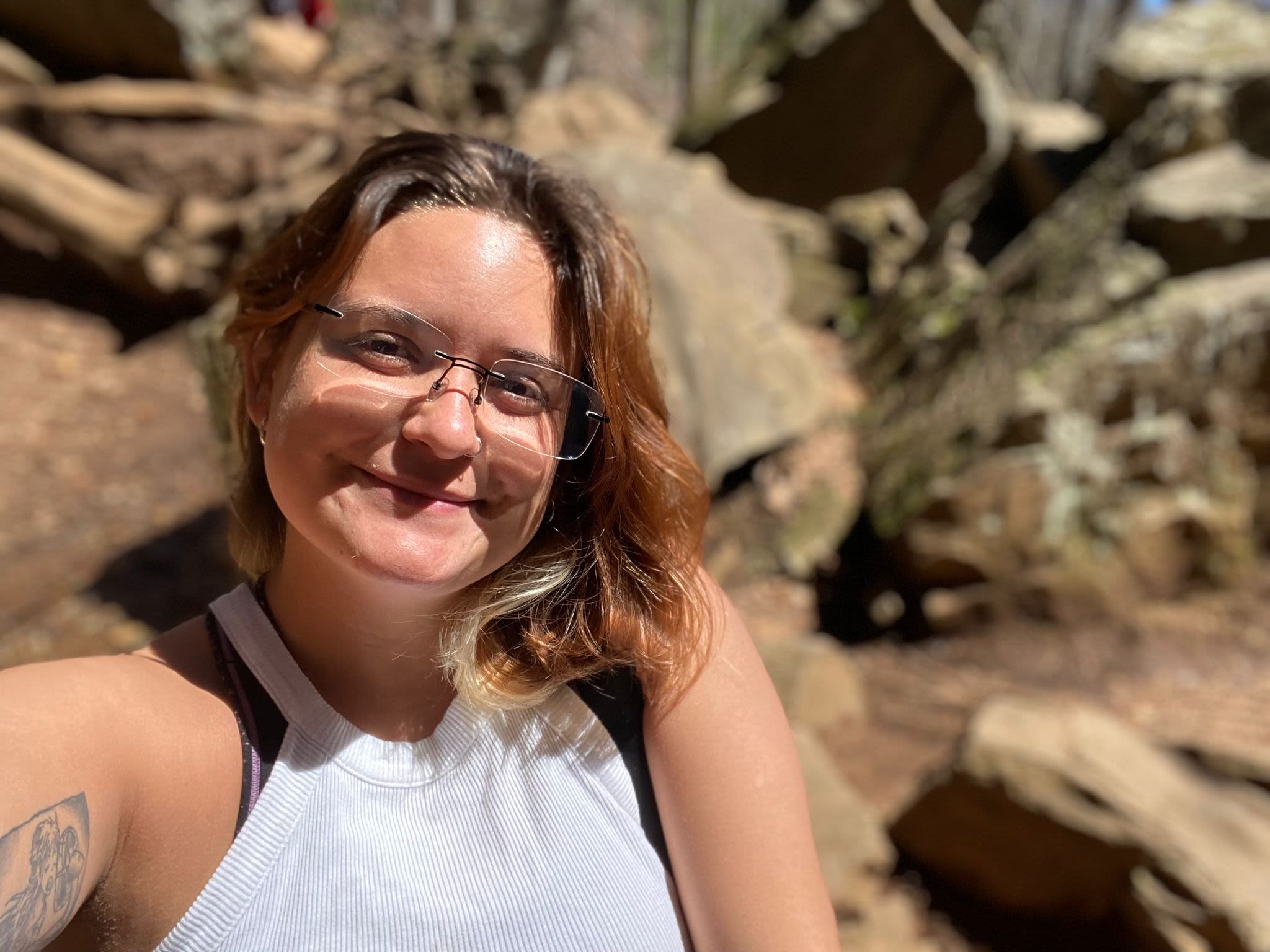
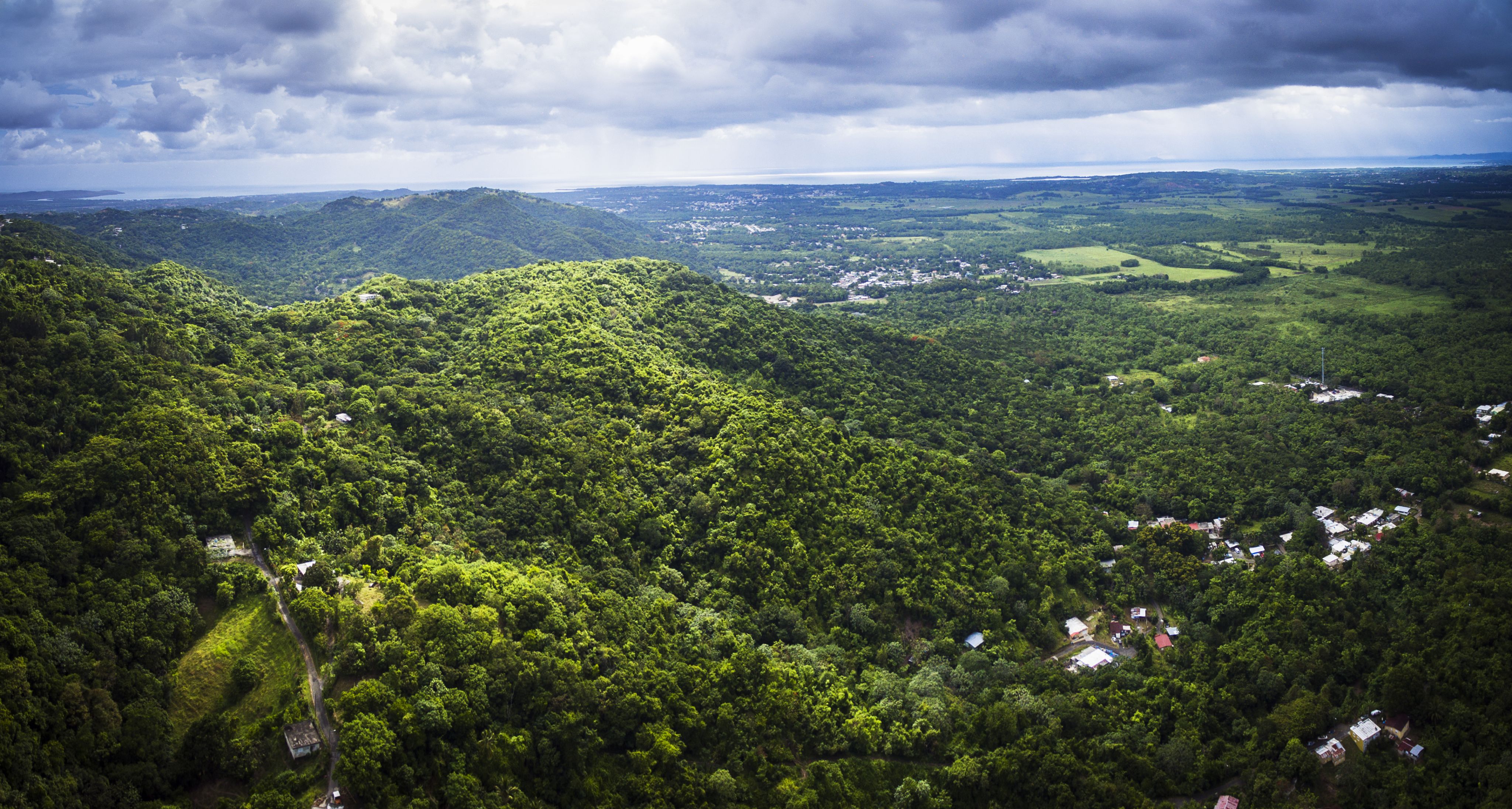
What does agriculture mean to you, and in what ways does agriculture impact your life and your culture?
Agriculture in Puerto Rico is stigmatized as being a "jíbaro's" (poor, country, colonial man's) job.
Studying agriculture is important to my culture because it can bring awareness to it as a scientific discipline and as an opportunity for successful entrepreneurship, fostering the local economy and creating self-sufficiency on our politically turbulent island.
Lugo-Arroyo does fieldwork for a wetlands project during an internship with the University of Puerto Rico.
Lugo-Arroyo does fieldwork for a wetlands project during an internship with the University of Puerto Rico.
Lugo-Arroyo uses this instrument to measure greenhouse gas concentrations in each mesocosm, an enclosure that allows natural conditions to be observed in a controlled environment.
Lugo-Arroyo uses this instrument to measure greenhouse gas concentrations in each mesocosm, an enclosure that allows natural conditions to be observed in a controlled environment.
It is important to me because it is a way we can help our island grow and prosper, creating resiliency that can significantly aid us in times of political uncertainty or natural disasters such as hurricanes. Sustainable agriculture can help us feed ourselves while protecting and bettering our resource-rich island.
What do you like to do outside of class — hobbies, interests, secret talents?
I like to go to the beach, exercise, sleep and play Nintendo Switch.
Interested in becoming a CAES student?
Schedule a campus visit and learn more about the admissions process today.
CAES students work alongside world-class scientists to get hands-on experience in their field. Through scholarship opportunities, small class sizes and faculty support, CAES students are empowered to become the next generation of leaders.


